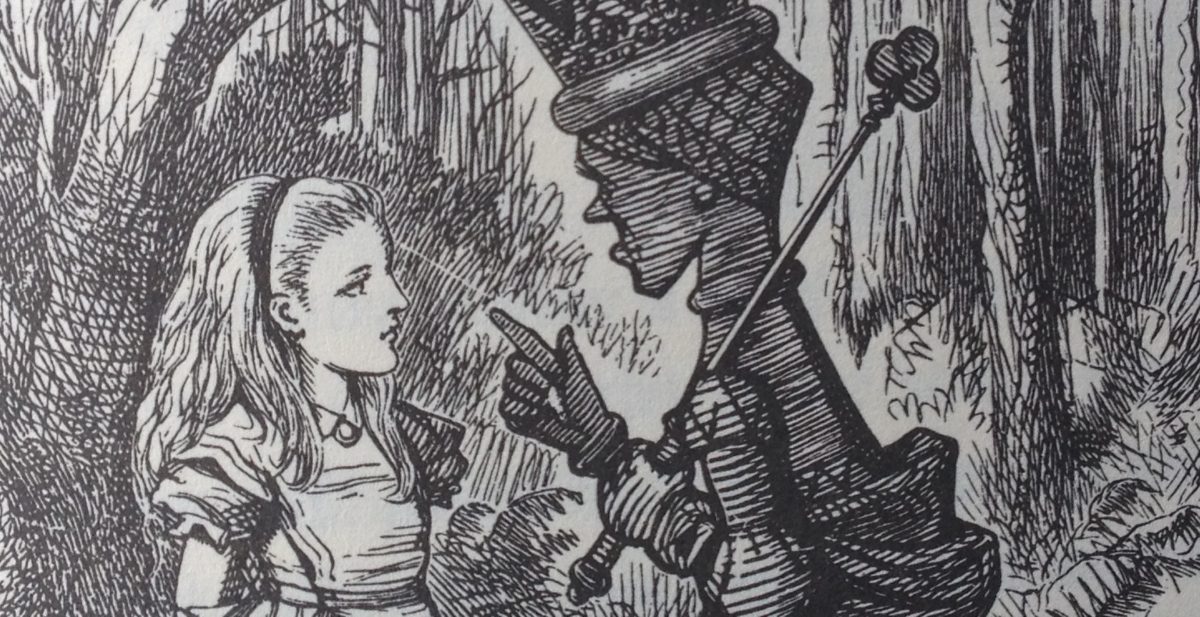D&D and its ilk are built on colonialist assumptions, noticeably through their fictional inspiration (sword-and-sorcery and westerns). They are also a recurring topic of this blog because I enjoy running them, assumptions and all.
Not saying I enjoy them due to colonialist ethics built into them, or that I try to include colonialism in my hobby. I’m saying I enjoy playing them and that they have colonialist frames.
I also have extremely positive feelings towards play that suggests models outside dominant colonialist adventure frames, or that is confrontational towards it. I love roleplaying and want to experience many variations. I want this hobby to encompass all possibilities.
This is a different assertion from saying play outside colonialist frames is an intrinsically good or bad object.
I don’t think society or power conditions can be redeemed or transformed through the act of play, much less through the selling of rule texts. Elfgames are not praxis. Simultaneously, I believe the addressing of diverse topics and the recognition of their political nature is vital for complexifying the emotional and intellectual pleasure of gaming, to enhance hobby practices through versatility. I believe exploring these ideas is important for a truly adult hobby and its craft, especially to broaden the audiences it may appeal to and make those uninterested in mainstream play feel welcome and safe, because play is enriching to anyone’s life. I believe we should loudly celebrate identity to bring more and more voices in. However, nor play nor its commercialization stand for material action.
I want more politics in games, and more mature, academic discussion of it. I want more experiences that go beyond the commonly accepted, that bring something tangible to the promise of endless imagination. And I want it because it makes the hobby stronger, not because it makes it more moral, more acceptable, or, again, praxis.
Many people want to decolonize D&D. They should do so because it may lead to aesthetically exciting play. But I advise asking why you want that. Do you want different play because it would engage you more? Then why not play something that is not D&D? My fear is that people do it because they unknowingly want to have their cake and eat it too: live the fantasy of a violent body destroying others to affirm themselves but get rid of colonialist superficial motifs, just so they don’t feel guilty, or feel capable of telling others they are good people. Why not play a game of non-violent bodies? Why purifying the act of carnage for sanctioned consumption? Why turns wild bunches into The Avengers?
Also, why fault wild bunches for being so? I do believe angry rejection or mockery of “D&D is colonialist” (or an overly enthusiastic embrace) are suspect, but not play itself. Once someone maturely recognizes it and plays on their own terms, what of it? Equally, what of it if someone aims playing under different political assumptions, or rightfully points out the benefit of problematizing play?
Long live politics in roleplaying games and in life. Long live the marginalized in our hobby and their loud voices echoing. And, still, long live the Glanton gangs roaming the keeps at fantasy borderlands.
